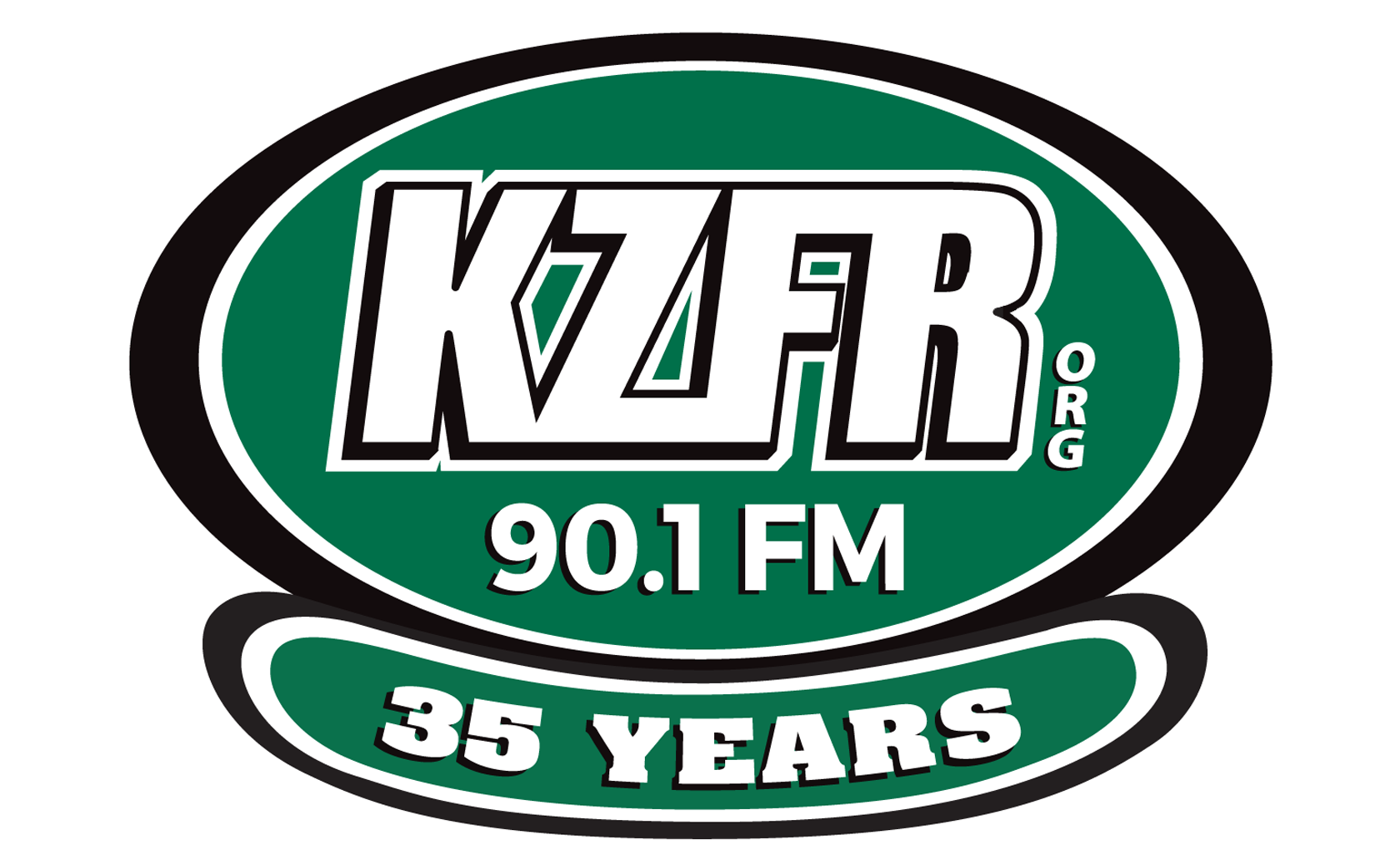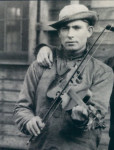Six murders take place on Christmas day in 1895 in St. Louis, Missouri but one particular killing finds its way into folktales, field chants, work songs, and eventually popular music. Most likely the tune evolved out of a popular southern melody “Bully of the Town” and the earliest known written lyrics relating to the murder story date to 1903 and the first musical recording to 1923 (an instrumental by Fred Waring’s orchestra). One hundred and twenty-five years after the shooting hundreds of versions of the story have been recorded in every genre of music.
Most versions of the song contain the same basic tale but with varying details. William Lyons becomes Billy Lyons or Billy Lion or Billy DeLyon. Lee Shelton in legend works on the wharfs or is even the son of the owner of a line of riverboats; he becomes Stacker Lee or Stack O’Lee or Stagolee or Stagger Lee. The site of the killing, Bill Curtis’ Saloon becomes the Bucket of Blood or the White Elephant. All versions agree that a hat was involved and most identify it as a Stetson, but sometimes it’s stolen by Billy and sometimes he wins it in a card game or with a pair of dice. If it’s stolen from him Lee is usually afforded some sympathy, but if he loses it to Billy he can be a murderous sociopath. The sympathetic Lee usually limits his killing to Billy but sometimes the sociopath takes out a bartender as well.
Hearing all the stories you would think that it was simply a tale of two working stiffs getting drunk in a bar, and in the course of an argument one drunk damages a prized hat and the other drunk over reacts and shoots him. But not quite.
Under the headline "Shot in Curtis's Place" the story in the Dec. 26, 1895 St. Louis Globe-Democrat reads:
“William Lyons, 25, coloured, a levee hand .... was shot in the abdomen yesterday evening at 10 o'clock in the saloon of Bill Curtis .... by Lee Sheldon [sic], also coloured. Both parties, it seems, had been drinking, and were feeling in exuberant spirits. Lyons and Sheldon were friends and were talking together. The discussion drifted to politics, and an argument was started, the conclusion of which was that Lyons snatched Sheldon's hat from his head. The latter indignantly demanded its return. Lyons refused, and Sheldon drew his revolver and shot Lyons.....When his victim fell to the floor, Sheldon took his hat from the hand of the wounded man and coolly walked away.”
Bill Curtis’ Saloon is located in Deep Morgan, a red-light district. Along with 5 cent shots of whiskey and prostitutes of every hue the saloon serves as a meeting place for the local Democratic Party. You can’t say that Lee Shelton isn’t industrious; he works as a carriage driver and a part-time waiter at the Curtis. Both of these jobs provide him with the human resources of his other business; a ‘lid club’ that he runs in the back of the saloon. ‘Lid clubs’ are gambling and prostitution enterprises. Lee is a “Macquerels” or “Mac” – a pimp, complete with flamboyant Stetson hat. He is also a political organizer, St. Louis style.
When slavery ended in 1865, most African Americans voted Republican due to Abraham Lincoln’s role in their emancipation. The failures of the Reconstruction Era however created great disillusionment among black voters and by 1895 Democratic politicians are actively recruiting their votes in major cities of the south. They recruit by forming clubs (called ‘400 Clubs’) that are based in saloons. Along with his ‘lid club’ Lee also hosts a ‘400 Club’ at Curtis’s Saloon.
A few blocks away the Bridgewater Saloon also serves whiskey, working girls, and as the local GOP headquarters. This saloon is owned by Henry Bridgewater, a wealthy and prominent black Republican who oversees his ‘ward.’ The city is divided into political wards overseen by local party ‘mayors’ who organize voters, which is another way of saying they make sure people in their ward are motivated to vote for the right politician as often as possible. Saloons and their “lid clubs” provide the motivation. Billy Lyons is Bridgewater’s brother-in-law. Billy is politically connected too.
The inquest and trial transcripts show that on the night of his death Billy leaves the Bridgewater Saloon and heads over to the Curtis Saloon where he meets Lee. They have drinks, talk and then “argue about politics.” The argument escalates, Billy damages Lee’s hat, and Lee threatens to shoot him if he doesn’t pay six bits for the damage. Not only does Billy refuse to pay, he would not return the hat despite Lee’s threats. Billy finally pulls a knife and then Lee shoots him with a .44 Smith & Wesson. Lee leaves the crime scene, goes home and to bed which is where police find him. A few hours later, after unsuccessful surgery, 31-year-old Billy is also resting in peace, but more permanently.
From the police station Lee is taken to the coroner’s office for the inquest. The newspaper reports that a “crowd of 300 … the Henry Bridgewater faction” gathers and clamors as Lee is escorted to the inquest and police try to disperse the crowd but fail. The Bridgewater crowd stays until the coroner announces that Lee will remain in custody pending charges of first-degree murder. After orchestrating the rally Bridgewater pays for Billy’s unsuccessful surgery and then buries him in the Bridgewater family plot. Later he pays the City Circuit Attorney to prosecute the case against Lee.
Lee’s political connections kick in as well: His lawyer is brilliant and expensive. It’s the same attorney who had secured Missouri’s first-ever conviction of a white man for killing a black man. Lee is out on bail by January 4th after paying $4,000 in donated cash! He goes to trial in July 1896 and pleads ‘self-defense.’ Prior to the trial a newspaper reports that just before the shooting the two were playing craps. This however doesn’t come out at the inquest or trial….but gets firmly embedded in the folklore. The trial ends with the jury split so the judge orders a retrial. But Lee’s brilliant attorney dies after an alcohol and opium binge and in October Lee’s new lawyer can’t prevent a conviction and he’s sentenced to 25 years in the state pen.
Throughout his sentence his Democratic friends petition repeatedly for Lee's parole. Eventually they succeed but he is arrested again for another violent crime and sentenced to five years. The Democratic governor attempts to free him but is blocked by the Republican Attorney General and Lee dies from tuberculosis in 1912 at age 46.
Most historians conclude that Billy went to meet Lee as a representative of his Republican political boss and in-law Henry Bridgewater. There must have been some issues to discuss or a deal to broker with their Democratic rivals, represented by Lee. The argument was about politics after all....both the newspapers and trial transcripts agree. After the shooting he behaved rather unconventionally; he didn’t run or hide. He acted, well, unconcerned; rather odd for a southern black man facing white jurisprudence in a southern city. Perhaps he was convinced it was self-defense but most likely he was confident that his political connections would provide protection and support. This case after all was rooted in the give and take of politics.
But folklore is a sieve. It processes out the detail that doesn’t speak to Everyman. It may have been the political angle that captured the imagination of St. Louis but as the story moved through new geographies and generations the folk process removed that aspect. Few of us have political connections but we all have arguments, most take a drink on occasion and we all over react sometimes. And Everyman knows a “real bad man,” someone like “mean ol’ Stagger Lee.” So in a nation that was built with firearms and a culture that at times seems defined by its gun violence .... that becomes the story for the rest of us; and a murder on Christmas in 1895 becomes a musical present for generations to enjoy.
Sources: Cecil Brown’s book “Stagolee Shot Billy” (Harvard University Press, 2003); Paul Slade’s article “DeLyons Sleeps Tonight: Stagger Lee” (PlanetSlade.com); John Russell David’s dissertation: “Tragedy in Ragtime: Black Folktales from St. Louis” (St. Louis University Press, 1976.)









